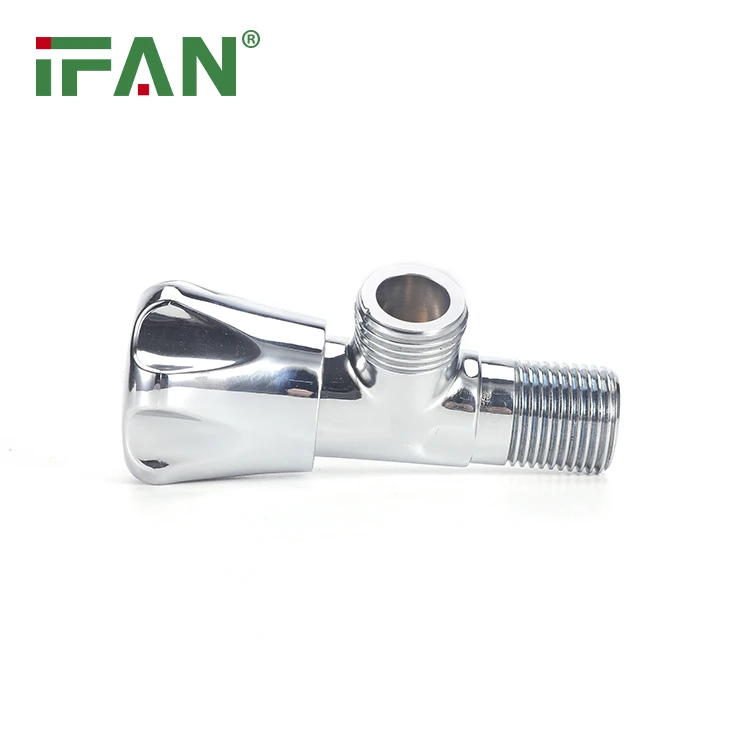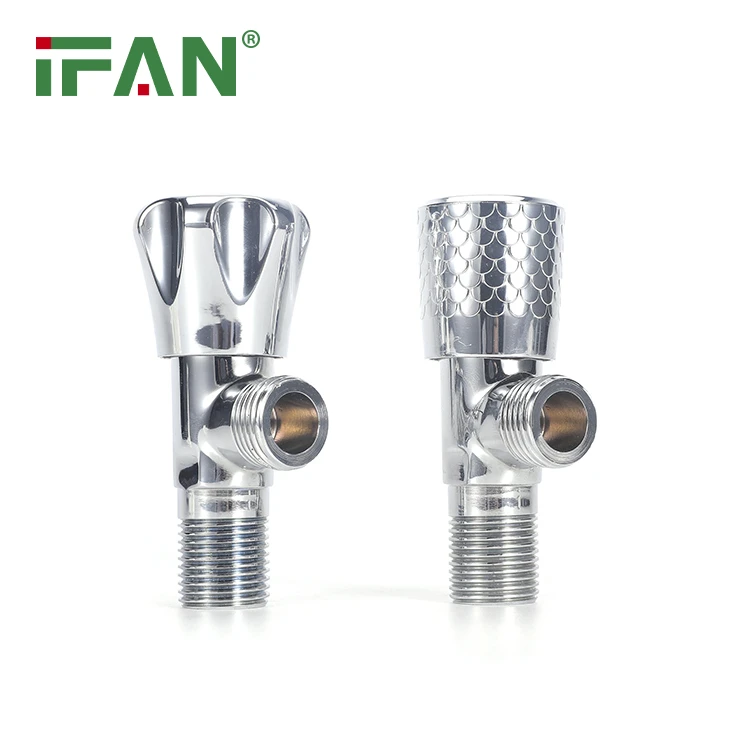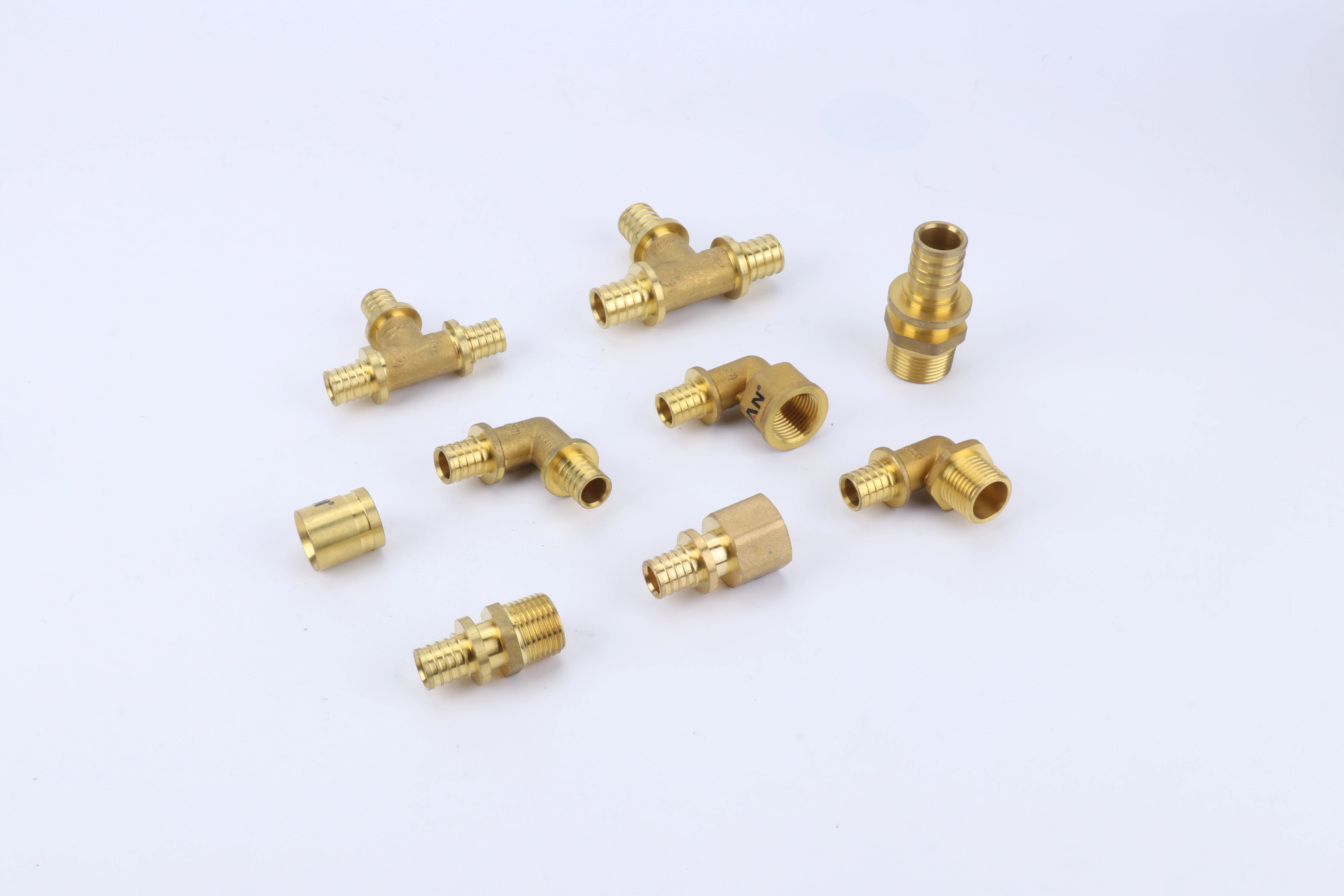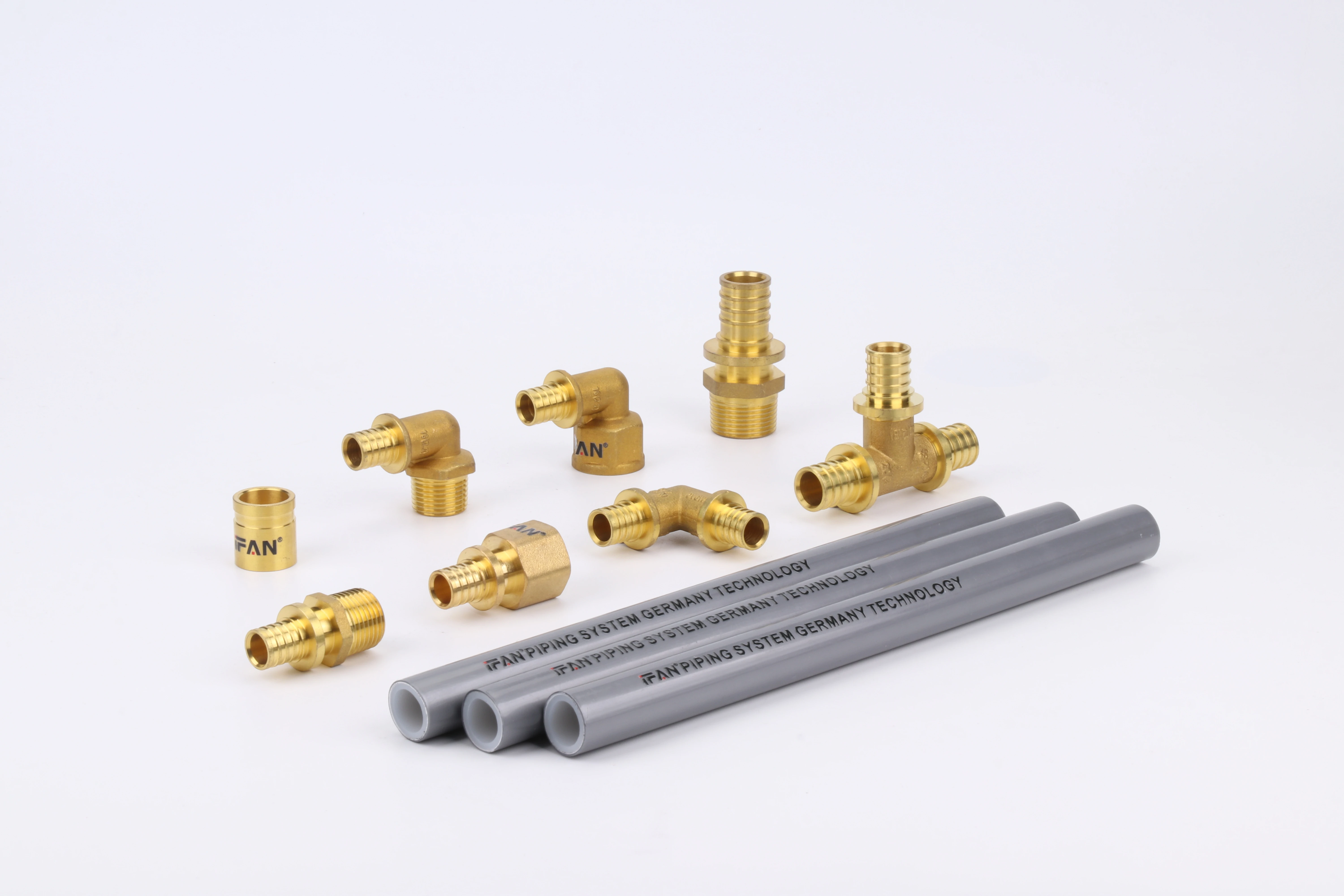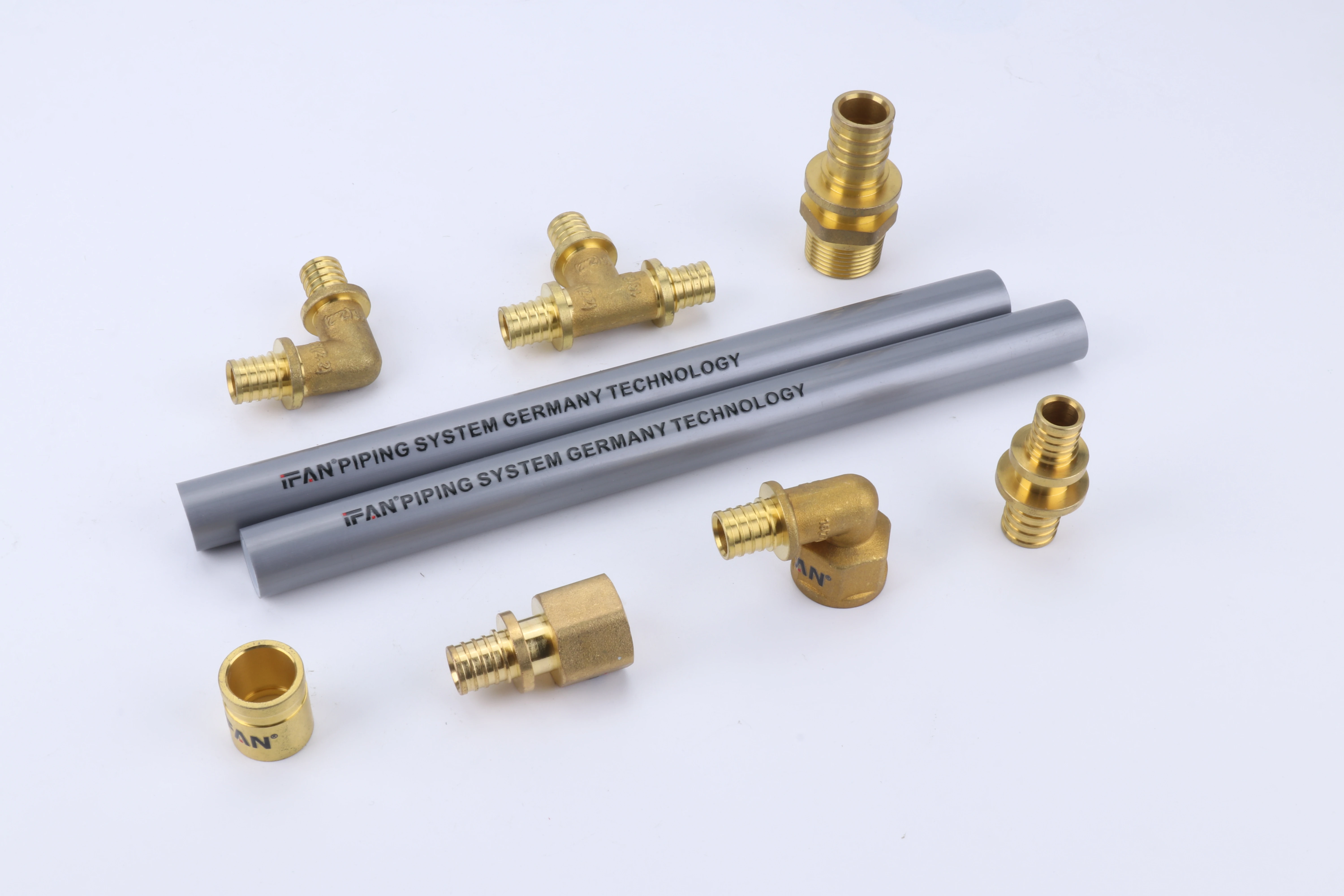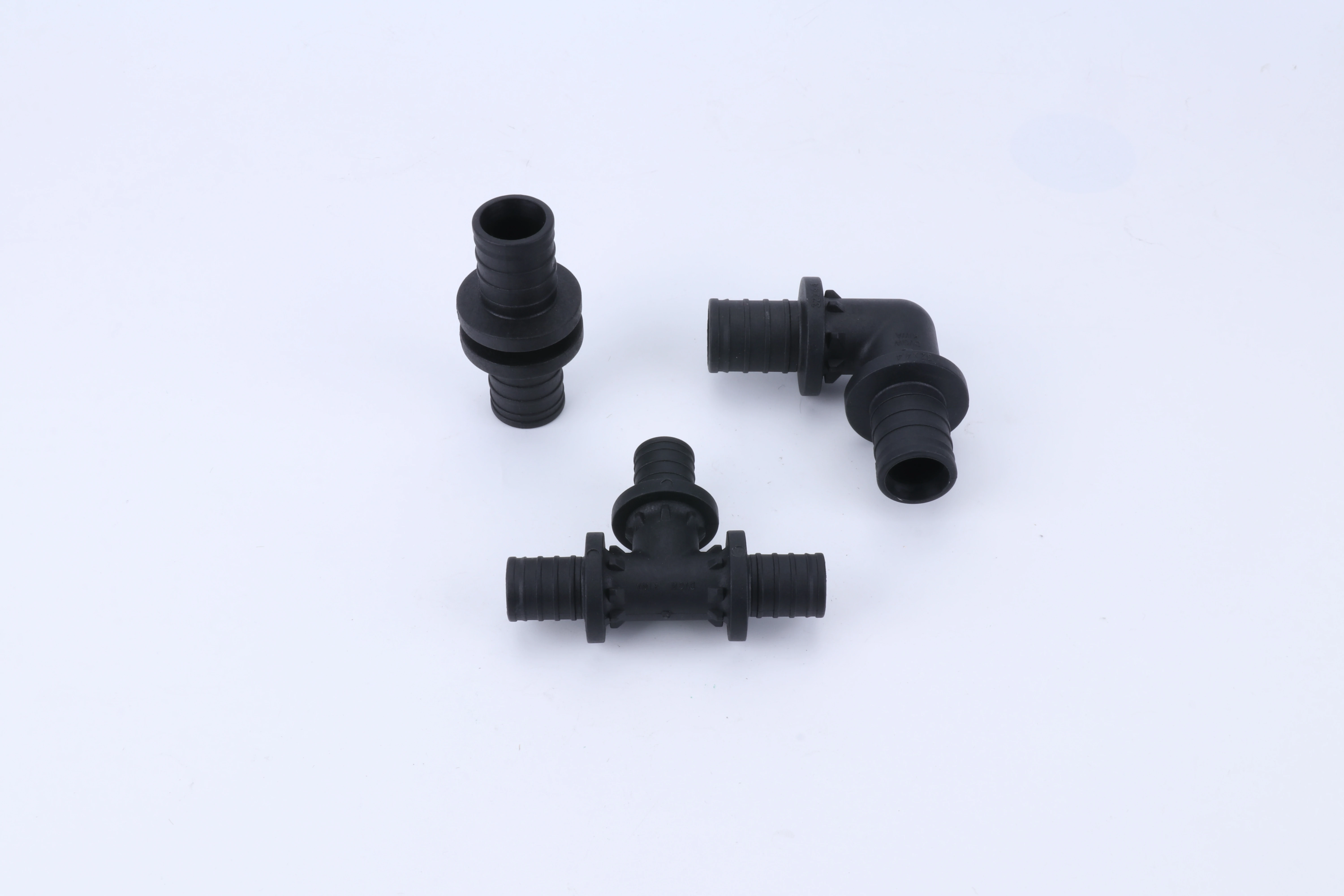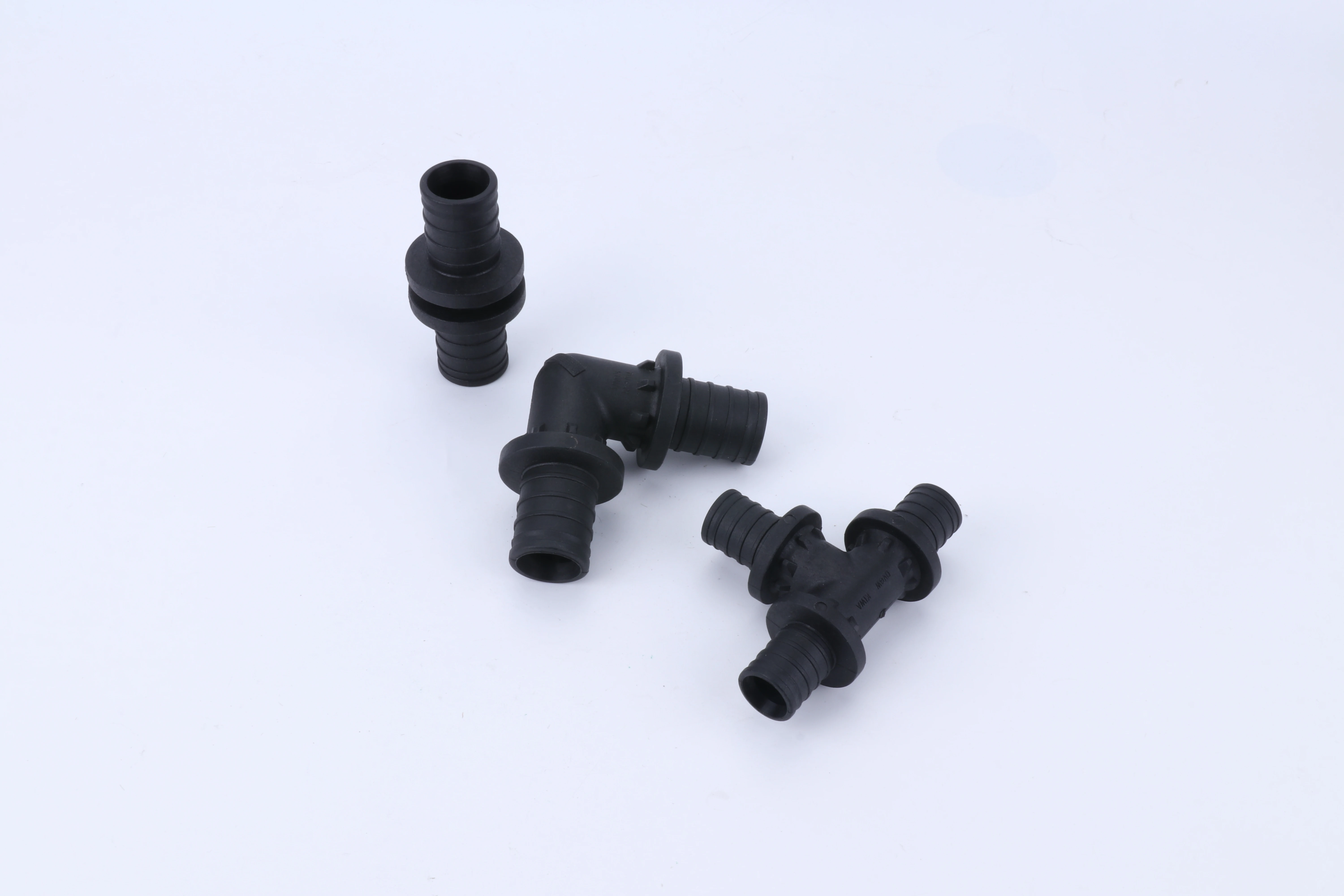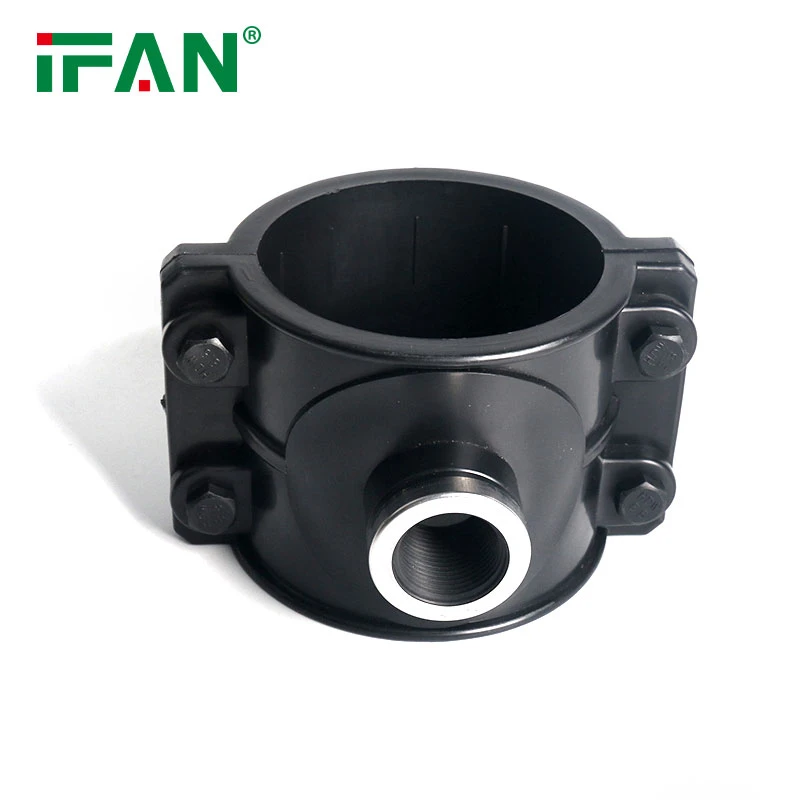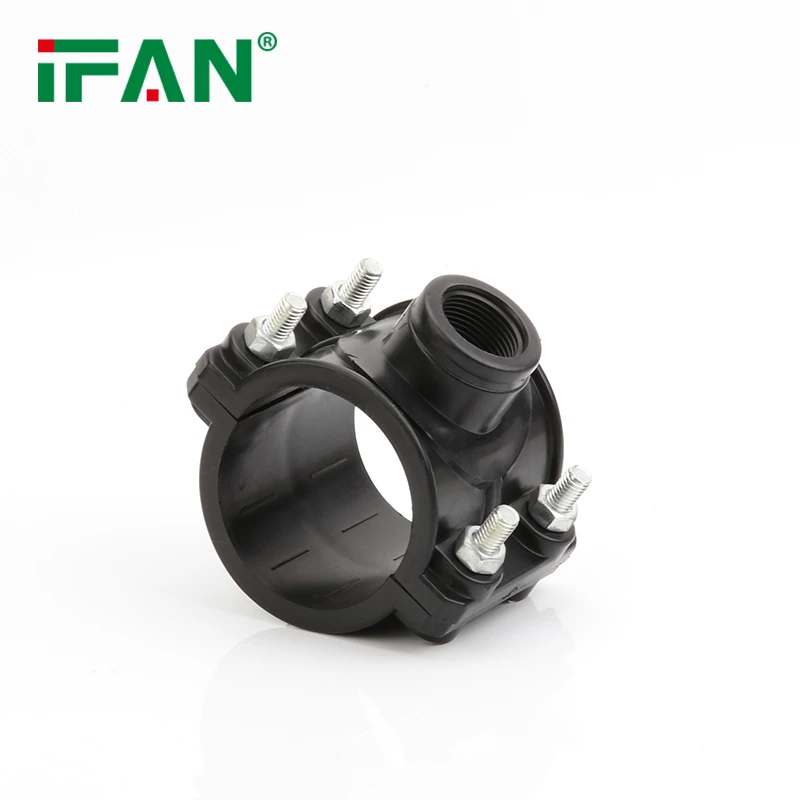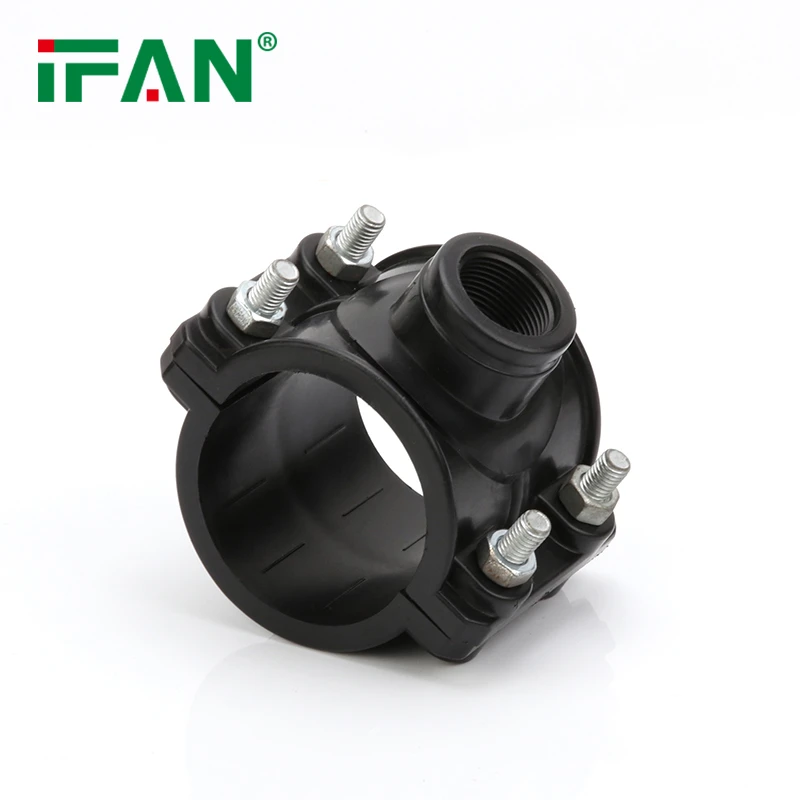Are Ceramic Discs in Angle Valves Durable?
After replacing thousands of leaky rubber washer valves in commercial buildings, I’ve witnessed firsthand how ceramic disc technology has revolutionized valve reliability. One hotel property we converted from traditional to ceramic disc valves reduced their maintenance calls by 90% in the first year alone. Ceramic disc valves are exceptionally durable, typically lasting 10-15 years in […]

